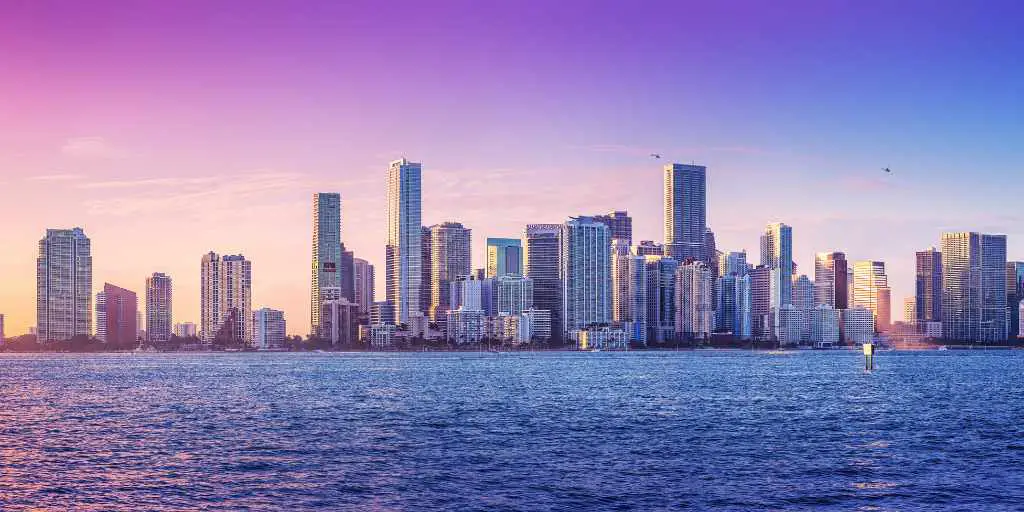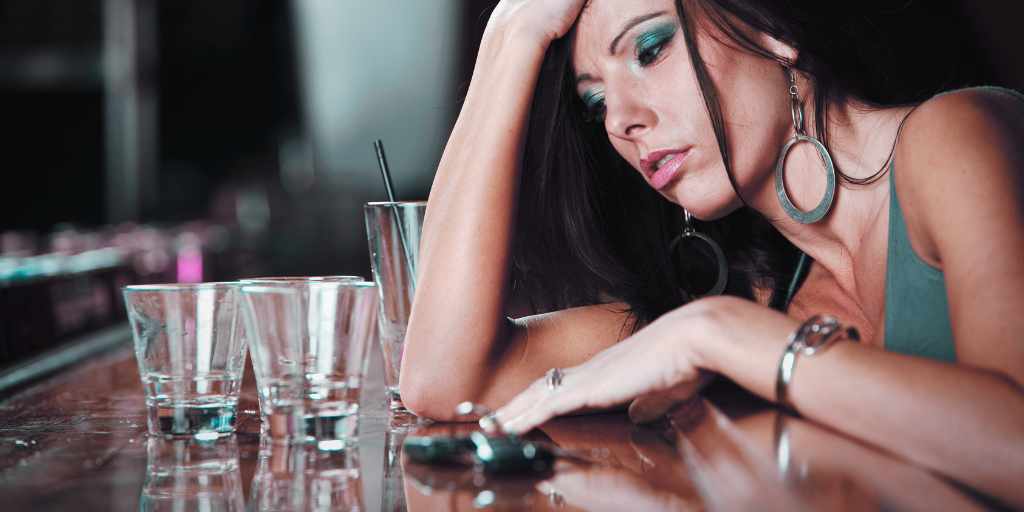Maintaining your liquor license is paramount to your business’s survival in the exciting but regulated world of bar ownership. However, understanding why bars often lose their liquor license with them can be challenging. In this article, we delve into these challenges, shedding light on how to avoid common pitfalls.
Key Takeaways
- Overserving and serving visibly intoxicated patrons can lead to severe legal consequences, including losing a liquor license.
- Serving minors or not properly checking IDs is a serious violation that can result in immediate license revocation.
- Maintaining order and control over guests is a prerequisite for holding a liquor license.
Liquor Licensing Laws
Before diving into why bars lose their liquor licenses, and what happens if you lose your liquor license yourself, it’s important to have a clear understanding of the laws surrounding both liquor sales and licensing.
Liquor laws differ from state to state, but they generally require establishments to maintain standards regarding who they can serve, when, and how they must serve alcohol.
Breaking these laws can result in hefty fines, suspensions, and even the revocation of the liquor license.
Five Ways to Lose Your Liquor License
Despite a bar owner’s best efforts, certain pitfalls can lead to the loss of a restaurant’s liquor license. Here are the top five.
1. Overserving and Serving Patrons Who Are Visibly Intoxicated
One of the most common reasons for losing a liquor license is overserving or serving patrons who are visibly intoxicated. This offence not only jeopardizes the alcohol license but can also lead to severe legal consequences. Overconsumption of alcohol can lead to various societal problems, and law enforcement agencies are strict about enforcing this regulation.
Staff with responsible beverages service training should be able to spot the signs of an intoxicated customer, such as slurred speech, confusion, disorientation and loss of coordination, delayed reflexes, slow, irregular breathing, finally unresponsiveness, nausea, or even vomiting.
Encourage servers and new bartenders to offer water or ask if the customer would like to order food if they’ve been drinking heavily.
2. Serving Minors Below the Legal Drinking Age and Not Properly Checking IDs
Serving alcohol to minors, intentionally or not, is a serious violation that can result in the immediate loss of a liquor license. This emphasizes the importance of checking IDs accurately. Bar staff and bartenders should be trained to properly verify IDs, including recognizing fake or expired identification. There are several ID scanners available to check expired or counterfeit IDs.
3. Disorderly Conduct and Not Having Control of Your Guests
Bars are expected to maintain a certain standard of decorum. Disorderly conduct or not having control over guests can quickly lead to the revocation of a liquor license. This includes preventing fights, excessive noise, intoxicated customers, and other disruptive behaviour. Staff should be comfortable refusing if customers are getting unruly.
4. Letting Unlicensed or Underage Staff Serve Alcohol
It’s not just who you serve but who is doing the serving. Allowing unlicensed or underage staff to serve alcohol directly breaches most liquor license agreements. Ensure all staff members serving alcohol are of legal age and that their server certification, if required by your state, is in good standing. Most states require servers to be at least 18.
5. Selling Alcoholic Beverages at Unauthorized Times
Even if you’re serving the right people with the right staff, being caught serving alcohol or selling alcohol outside authorized times (i.e. “last call”) can revoke your license.
Each jurisdiction has specific times during which alcohol can be sold. Breaching these time restrictions can result in license revocation. Patrons have a certain amount of time to finish drinks after sales close.
For example, In Ontario, the “last call” is at 2 am, and drinks must be finished or off tables before 2:45 am.
Common Pitfalls: Untrained Servers and Improperly Trained Staff
A significant factor contributing to these violations is improperly trained staff or untrained servers serving customers, leading to mistakes that can cost a restaurant or bar its license. Providing regular and comprehensive training can help ensure all restaurant owners and staff members understand and comply with liquor laws.
If a bar serves a visibly intoxicated patron, all parties involved – the bar, bartender, and license holder – can be held responsible and required to pay damages in case of any subsequent personal injury, accident, or death.
Lesser-Known Violations: Letting Guests Drink in Unlicensed Areas
Bars and restaurants are licensed to serve drinks in specific areas, and letting guests wander into unlicensed areas with their drinks can lead to severe penalties. Keeping a keen eye on where guests consume their drinks is crucial, ensuring they stay within the designated licensed areas.
State laws might also make your liquor license contingent on not allowing unlawful gambling or other illegal activity to occur in your establishment. Many jurisdictions also require restaurants to buy alcohol only from state-controlled liquor stores and must serve it with food.
How to Get Your Liquor License Back
Getting your license suspended or revoked can have a large impact on your business, especially could lose out when unable to serve alcoholic drinks during a busy period or don’t make most of your revenue from food sales.
Should you find yourself in the unfortunate situation of losing your liquor or alcohol sales license, follow these proactive steps:
- Collect Documentation: Actively gather copies of all documents related to the revocation, including police reports. If your bar uses video monitoring, review the footage from the incident or incidents that led to the revocation. The more evidence you collect, the stronger your foundation for an appeal will be. This process also helps you identify any business issues you need to resolve.
- Launch an Appeal: If you believe the revocation was unjust, familiarize yourself with your city or town’s appeal process and start an appeal. Retaining an attorney might be necessary for this process, as the municipal government’s attorney will likely contest your appeal. Collaborate closely with your attorney and submit all required information promptly to increase your chances of a successful appeal. With luck, your attorney might negotiate an agreement with the city council to reinstate your license or challenge the revocation successfully in court.
- Settle Your Fines: If an appeal isn’t an option, comply with the fines and other penalties associated with the revocation. Not paying fines will prevent you from regaining your liquor license. Ensure you settle all fines and penalties promptly. A swift resolution helps you achieve the clean slate necessary for a new license.
- Resolve the Problem: Address the issues that led to the revocation of your liquor license to avoid a repeat of the process. If disorderly conduct was the problem, implement measures such as banning unruly customers and providing your staff with adequate training to handle similar situations. If employees are overserving or serving people under the legal drinking age, correct this behaviour or let go of these staff members. If you’re violating local rules such as sale time limits, enforce strict compliance among your staff. Adhering to the law is essential for your license and obtaining affordable liquor insurance and commercial general liability insurance.
- Reapply for a Liquor License: If your appeal is unsuccessful or you can’t launch one, your last resort is to observe all stipulations of your revocation and reapply for a new liquor license when possible. Often, especially for establishments losing their license for the first time, you can secure a new license fairly soon. In severe cases, you might need to take on a new partner to obtain a license. Work with your attorney to ensure you follow all the right steps for acquiring a new liquor license.
Preserving Your Bar’s Reputation: A Final Word
Losing a liquor license can spell the end of a bar’s business, but understanding state law and avoiding these common pitfalls can keep your establishment thriving. Abiding by the law isn’t just about keeping your liquor license; it’s about protecting your patrons, your staff, and the reputation of your bar. By taking these issues seriously, you can avoid a liquor license revocation and ensure a successful and sustainable operation.
Losing Your Liquor Licence FAQ
What are the penalties for serving alcohol to minors?
Penalties for serving or selling alcohol to minors can vary by jurisdiction but usually involve hefty fines, temporary suspension of the liquor license, or even permanent revocation of liquor licenses. All staff who serve liquor should check for signs of underage customers and check IDs and watch for other guests “sharing” their drinks with minors.
How often should bar staff be trained?
Staff training should be an ongoing process. Initial training should be provided when a new employee starts, with refresher courses at least once a year. Training should also be updated whenever there are changes to liquor laws.
What should I do if I suspect a patron uses a fake ID?
If you suspect a patron is using a fake ID, you have the right to refuse service. You can also report the incident to local law enforcement in many areas. However, whether staff can confiscate a suspected fake ID depends on local laws.
Can I get my liquor license back after it’s been revoked?
Getting a liquor license back after it’s been revoked is challenging and depends on the severity of the violation and local laws. Consultation with a legal expert is advisable to obtain it in such situations.
What is Sandy’s Law?
Sandy’s Law is a regulation in Ontario, Canada, requiring alcohol-selling establishments to display signs warning about the dangers of consuming alcohol during pregnancy.
How much time can it take for alcohol to reach a person’s brain?
It typically takes about 5-10 minutes after consumption for alcohol to reach a person’s brain. However, this can vary based on several factors, including body weight, metabolism, the amount of food in the stomach, and the alcohol concentration in the beverage.
References
For further reading and to ensure you’re up to date with the latest changes in liquor laws, consider the following resources:
- Alcohol.org/laws/liquor-license
- LightspeedHQ.com: Liquor License Mistakes
- TabakInsurance: Regaining Your Liquor License After Revocation
- SJHarrislaw.com
Please note that this information should not be taken as legal advice but as a guide for understanding why bars could lose their liquor licenses. Always consult a legal professional for advice related to your specific circumstances.





